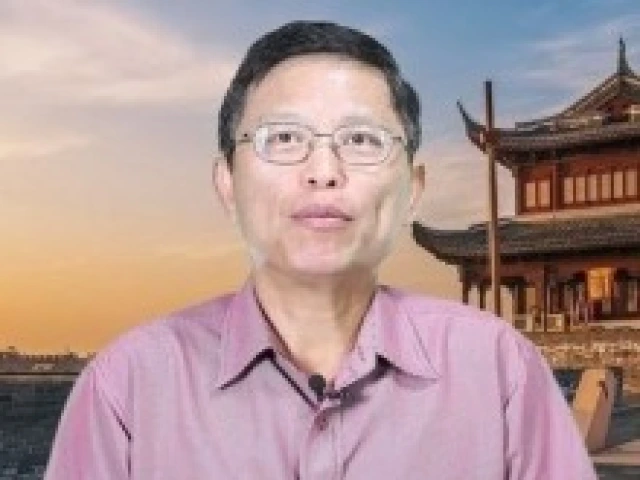The Grievance Clearinghouse Committee shall be the faculty committee that considers current faculty members’ written requests for grievance hearings.
Grievances must be submitted to the Faculty Center (facultycenter@email.arizona.edu). Shortly after a grievance has been received, the GCC will meet to review it and determine the appropriate step: a) the grievance may not be considered because it falls outside of the purview of the GCC, it does not involve a procedure violation, or the faculty member is no longer an employee of the University; b) the grievance will be considered if it falls within the purview of the GCC and involves a procedure violation affecting a current employee of the University.
It is important to note that the GCC will first consider whether the grievant has taken appropriate steps as described below. The GCC may then request additional information. Finally, the GCC will determine whether to refer the grievance to a committee (i.e. the Committee on Conciliation, the Committee on Academic Freedom and Tenure, the University Committee on Ethics and Commitment) or a process (Office of Institutional Equity) for further consideration.
Membership Requirements
The Grievance Clearinghouse Committee consists of the current chairs of the Committee on Academic Freedom and Tenure, the Committee on Conciliation and the University Committee on Ethics and Commitment, a representative of the Office of Institutional Equity, and a faculty representative elected by the Faculty Senate at its May meeting. The Vice chair of CAFT shall also serve on the Grievance Clearinghouse Committee as a non-voting member. The chair of the Committee on Academic Freedom and Tenure will function as the ex officio voting chair of the Grievance Clearinghouse Committee.
Committee Chairs
Membership List
Upcoming Meetings
To Be Determined: This Committee meets as needed, typically no more than once a month.
There are no upcoming events listed.







